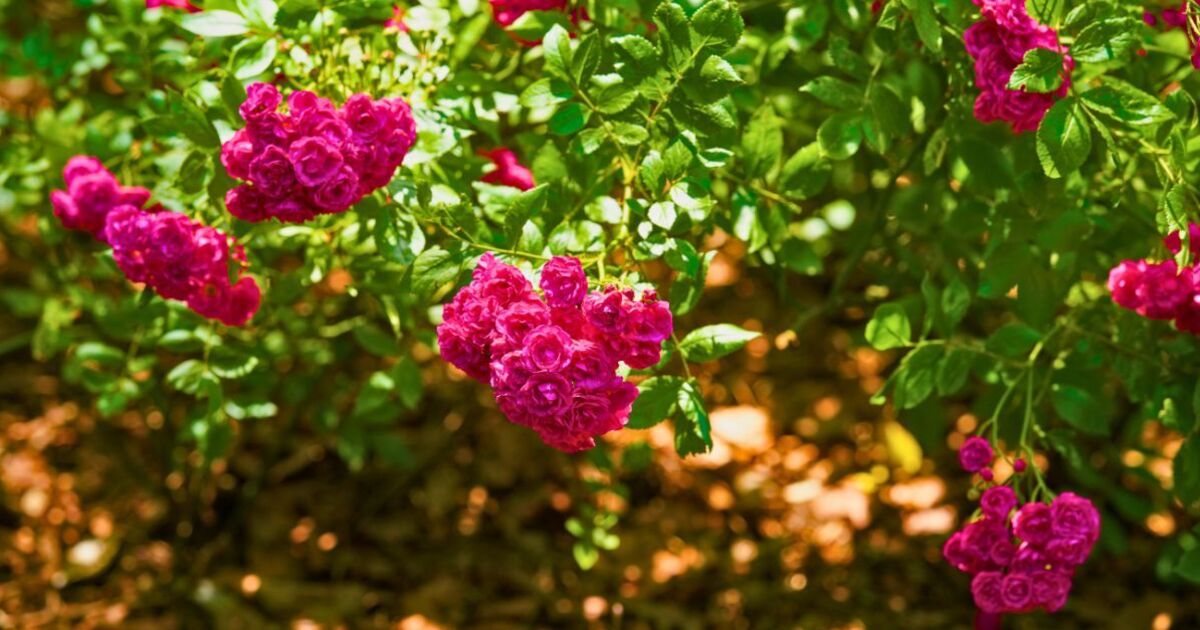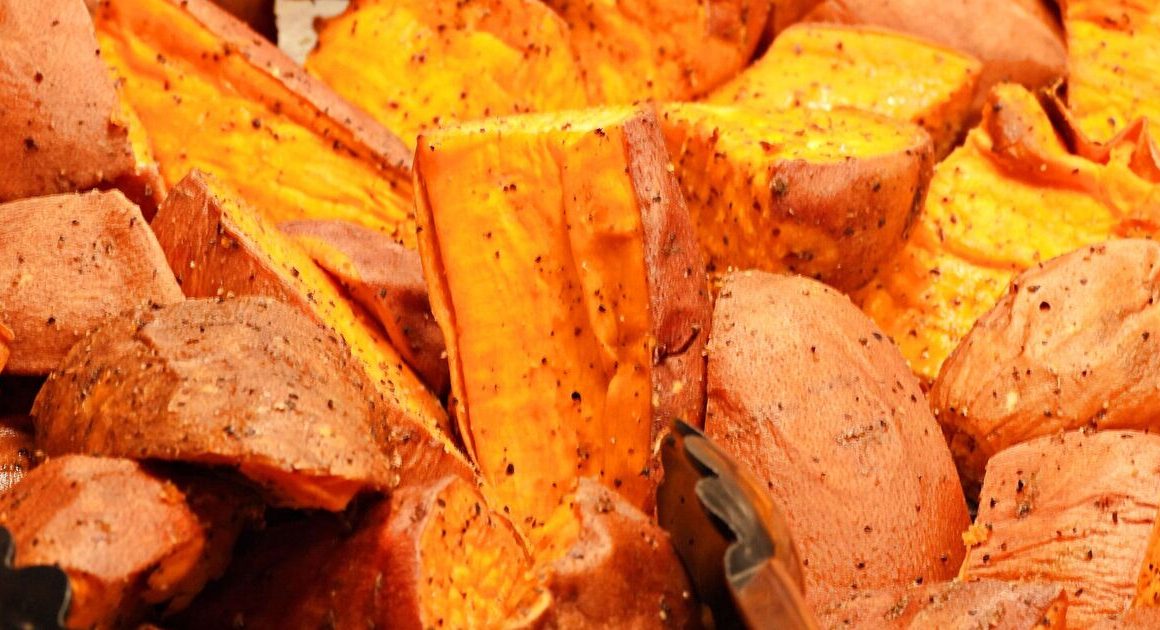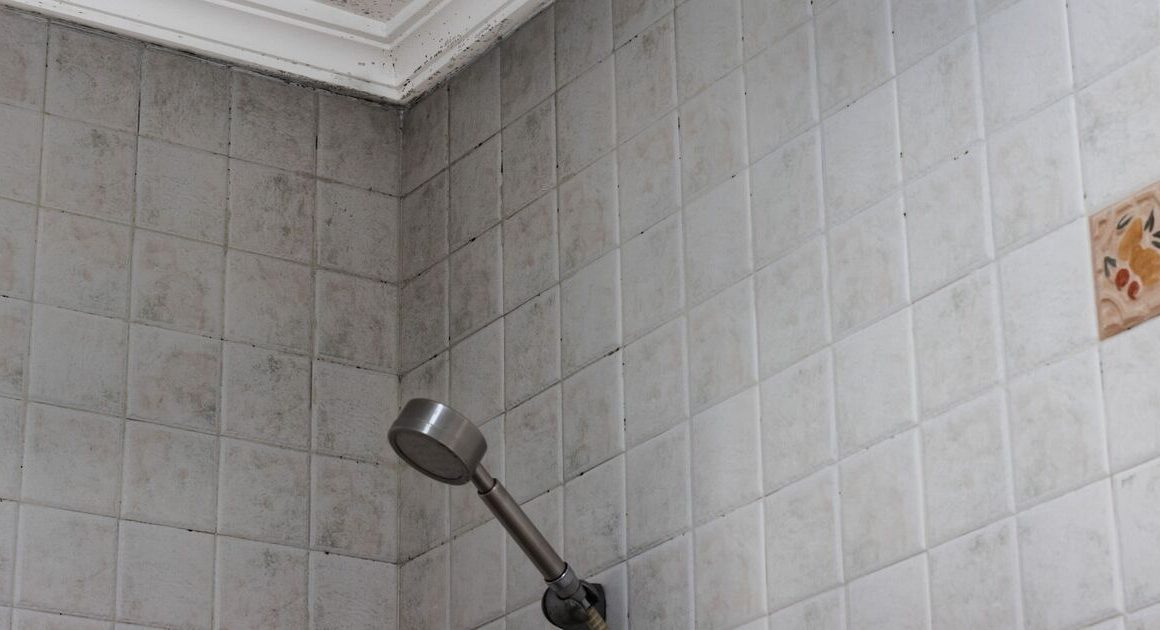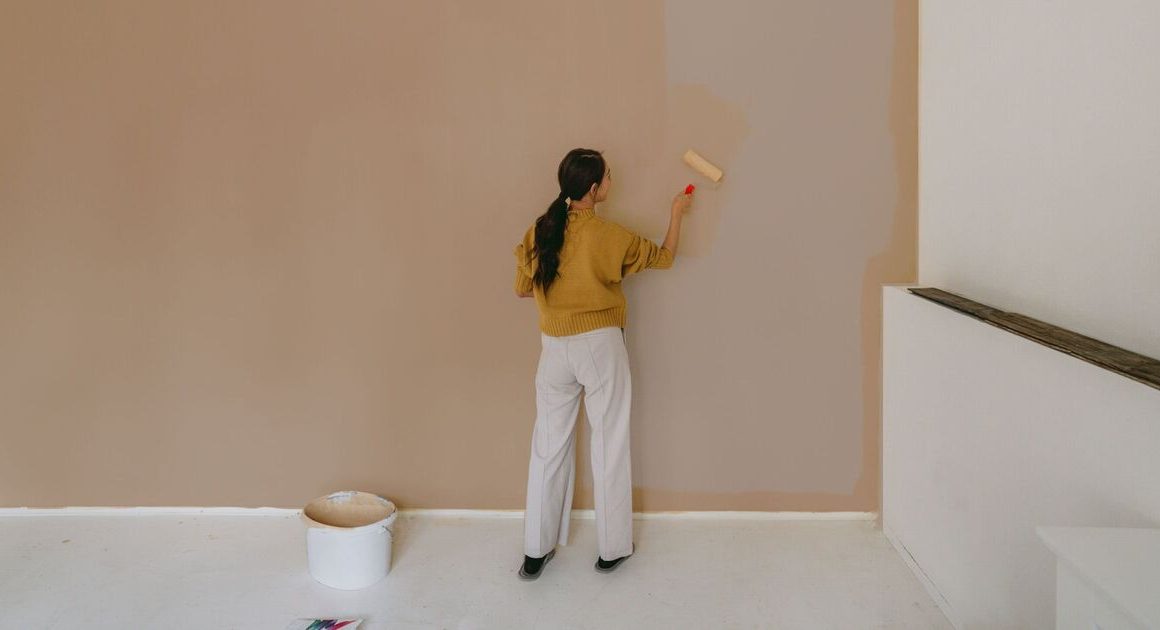There is lots to do in the garden to get ready for spring, but gardeners can rejoice as there is one job they can neglect as it will greatly benefit their flowers.
Raking up leaves can be a tiresome task, but Alexandra Campbell, a gardener and founder of The Middlesized Garden, has shared that fallen leaves should be left on flowerbeds.
Alexandra said: “You can leave leaves on most borders and garden beds without any problem. They will break down over the winter and by spring, you’ll hardly notice them.”
“As they break down, they’ll return nutrition to the soil.”
Having leaves on flowerbeds can act as a natural mulch, which is when people cover plant soil with organic material to insulate them over winter.
Mulching stops plant roots from freezing and then thawing out once the weather gets warmer as this can cause root rot as well as attract fungal disease or pests.
It can also prevent weeds from growing near your plant and ensure that the soil has plenty of nutrients for when plants start growing again in the spring.
Not only will fallen leaves help your plants, but they are also good for your local ecosystem, as they will provide a warm habitat for many beneficial insects over winter.
Alexander said: “Some butterflies and moths over-winter in leaves as eggs, caterpillars or another stage of their life cycle. Bumblebees, too, need the insulation of fallen leaves in a quiet spot so that they can survive the winter.”
Leave your fallen leaves alone, or chop them up with a lawnmower and spread them out over your garden borders.
Alexander added: “Either way, the leaves will break down more quickly if they’re left on the soil because the rain, sun and organisms in the soil will have more access to them.”
Leaves left on plant soil can be a natural way to protect flowers in winter and help them grow once spring arrives.
However, gardeners should be aware that leaves should not be left on stone surfaces like pathways, patios, or driveways, as this can make them extremely slippery during icy weather.
A thick layer of leaves should also not be left on flowerbeds or your lawn as it will take longer for them to decompose, which can block sunlight and water from reaching the soil.
You should only have a scattering of leaves on the soil or over your grass. If the leaves are big and waxy, then you will likely need to chop them up to get any benefit from them.
Using leaves as mulch for your garden can help give it a natural boost, help out your local wildlife, and also means there is one less chore to do in February.











